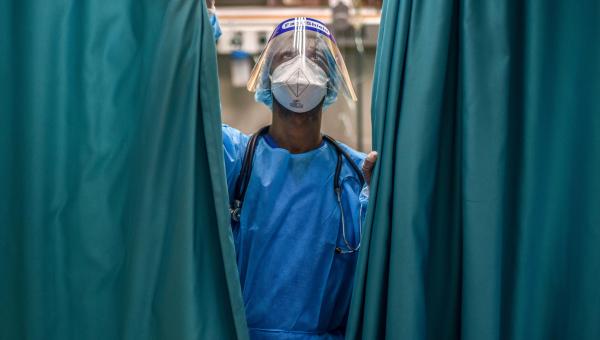The pandemic is also a devastating socio-economic crisis. Stressing every one of the countries it touches, it is laying the groundwork for social, economic and political ramifications that could leave deep and long-lasting scars.
The World Bank says 97 million people were pushed into poverty in 2020, an unprecedented increase.
The International Labour Organization estimates that 205 million people will be unemployed in 2022, up from 187 million on 2019.
UNDP response
Drawing on our experience with Ebola, HIV, SARS, TB and malaria, as well as our long history of working with the private and public sectors, UNDP is leading the UN’s socio-economic response to COVID-19 as part of its mission to eradicate poverty, reduce inequality and build resilience to crises and shocks.
Although the pandemic has shown stories of great ingenuity and logistical expertise – vaccines were developed and are being distributed in record time, and more than 6 billion doses have been administered—it has exacerbated existing inequalities and exposed deep divisions that will take an enormous toll on societies and economies.
The Global Dashboard for COVID-19 Vaccine Equity, a joint initiative of UNDP, WHO and the University of Oxford, has found that inequality is a risk to full economic recovery and that low-income countries would add US$38 billion to their 2021 GDP forecast if they had the same vaccination rates as rich countries.
We are leading calls for a Temporary Basic Income to help the world’s poorest women cope with the on-going economic effects of the pandemic and prevent rising female inequality.

 Locations
Locations











